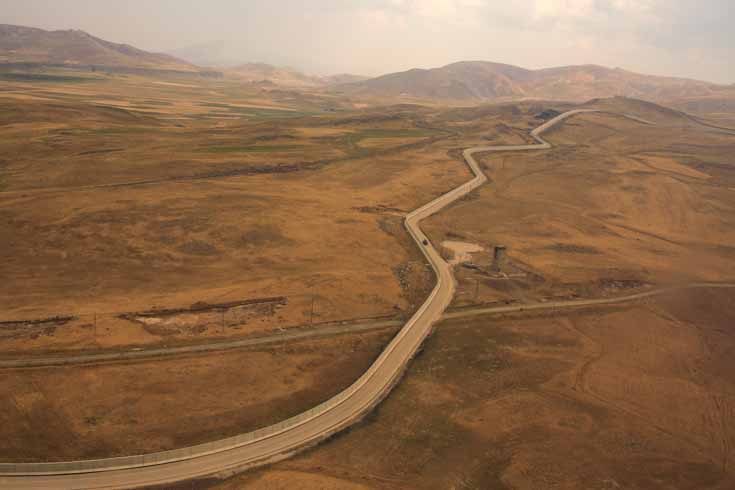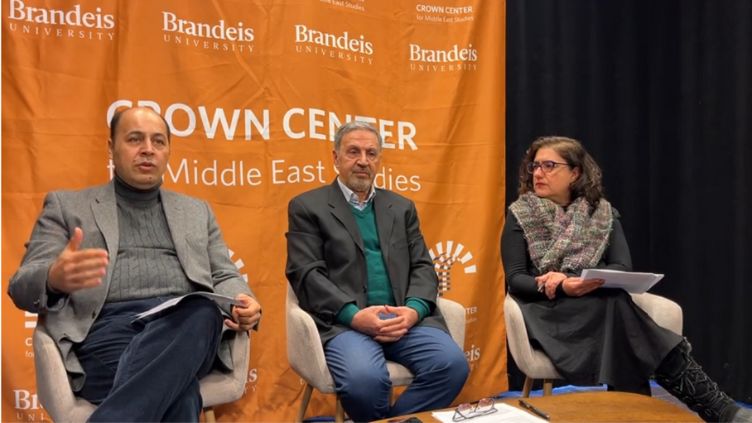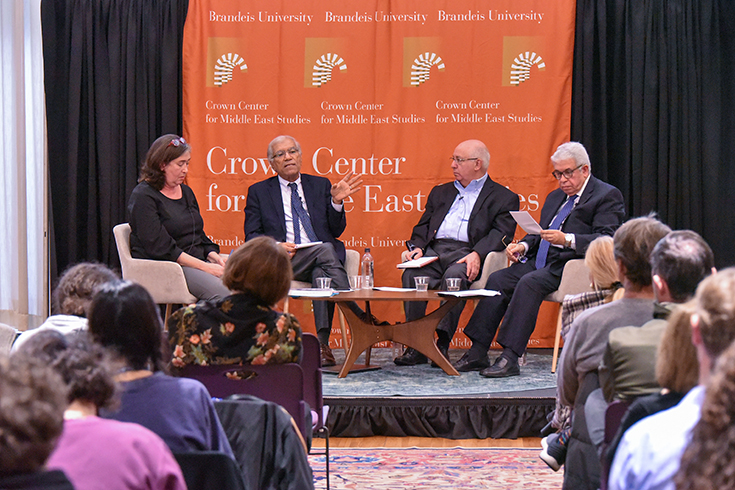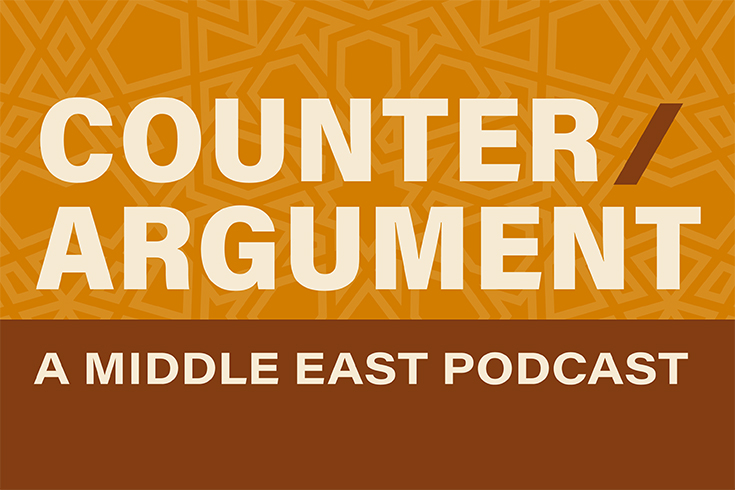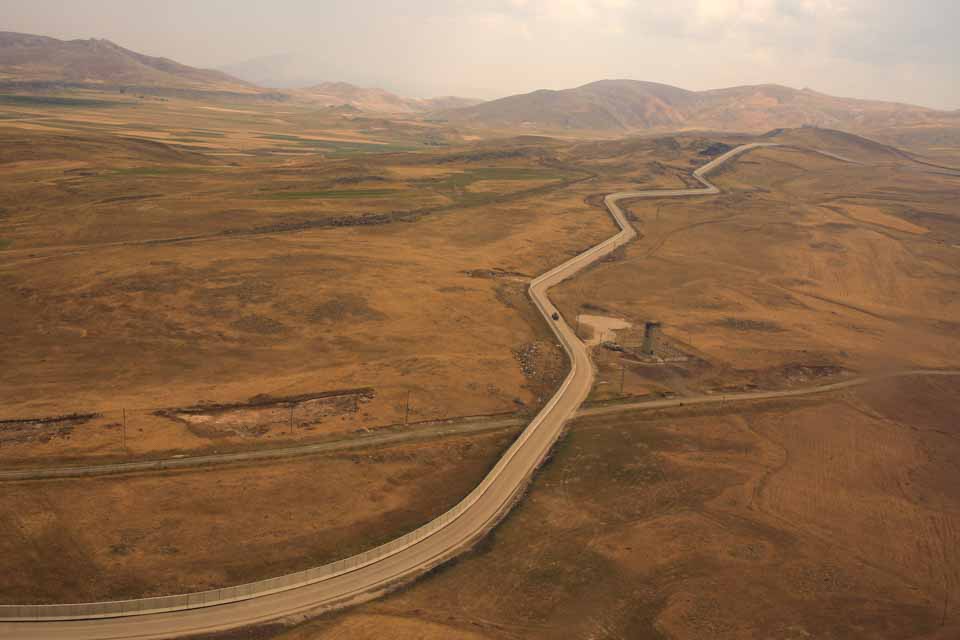
Upcoming Seminar — Smuggling Law: Unsettled Sovereignties in Turkey’s Kurdish Borderlands
Fırat Bozçalı, in conversation with Elif Babül, will explore how Turkey’s expanded anti-smuggling laws have turned criminal courts into unexpected arenas where Kurdish smugglers and their lawyers challenge state authority.
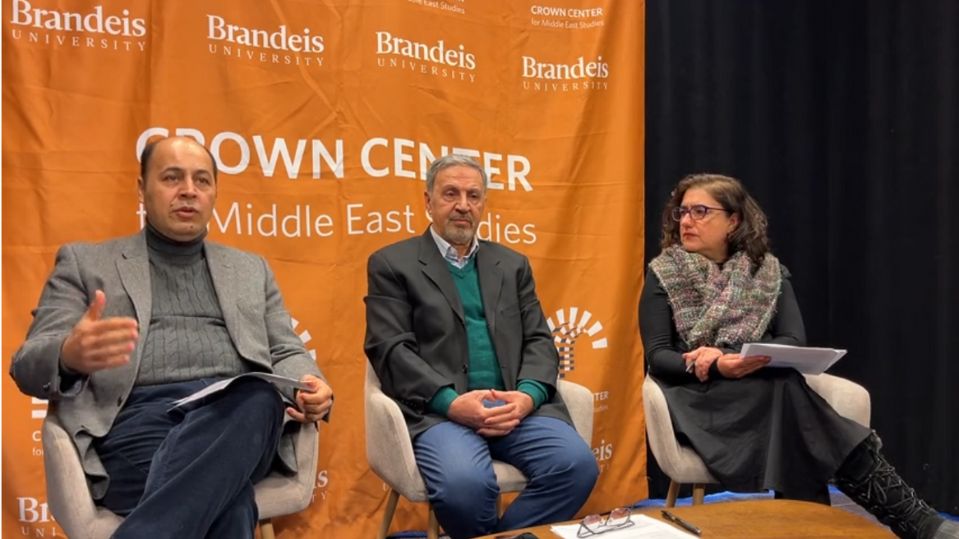
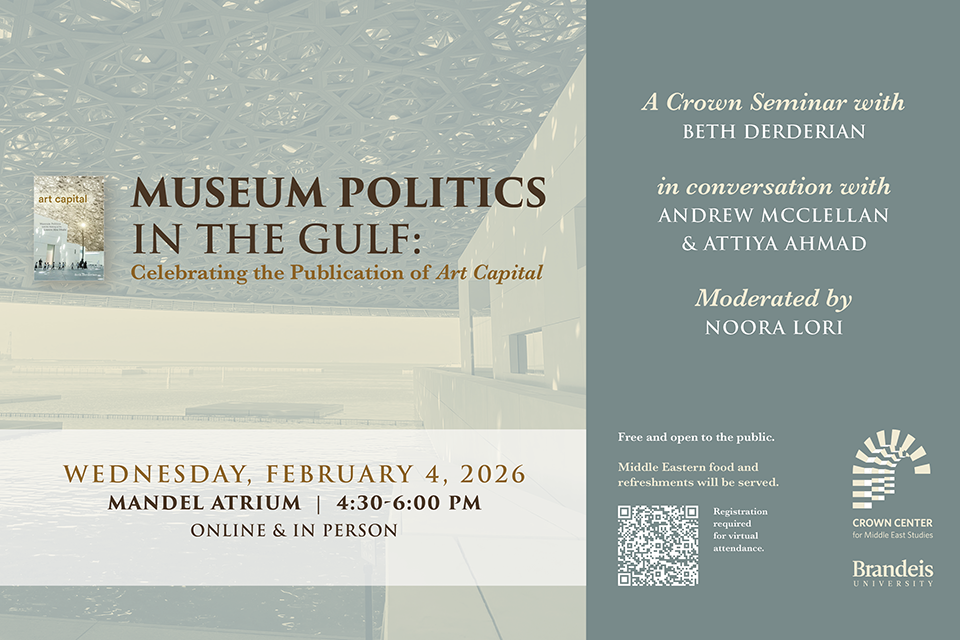

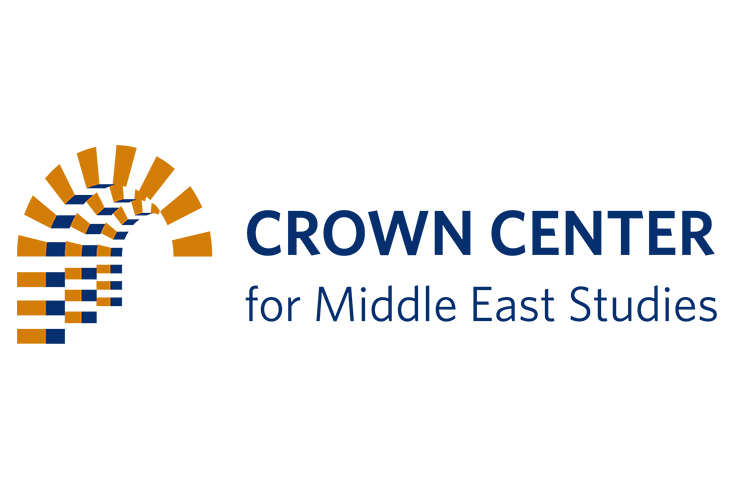 The Crown Center for Middle East Studies is committed to conducting balanced and dispassionate research of the modern Middle East that meets the highest academic standards. The Center seeks to help make decision- and opinion-makers better informed about the region. The scope of the center's research includes the 22 members of the Arab League as well as Turkey, Iran and Israel. The Crown Center's approach is multidisciplinary in its study of the politics, economics, history, security, sociology and anthropology of the region's states and societies.
The Crown Center for Middle East Studies is committed to conducting balanced and dispassionate research of the modern Middle East that meets the highest academic standards. The Center seeks to help make decision- and opinion-makers better informed about the region. The scope of the center's research includes the 22 members of the Arab League as well as Turkey, Iran and Israel. The Crown Center's approach is multidisciplinary in its study of the politics, economics, history, security, sociology and anthropology of the region's states and societies.